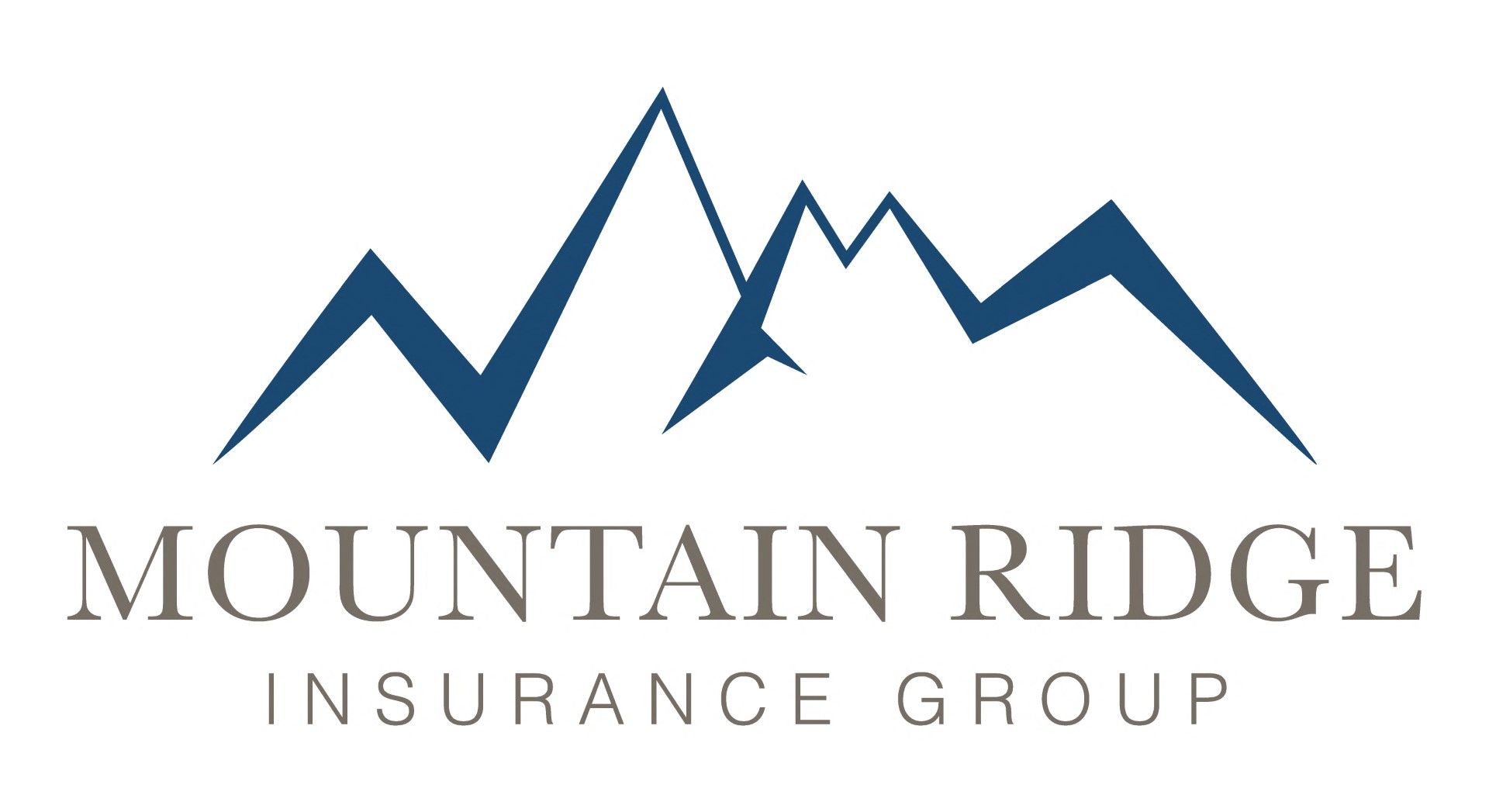Ever wondered what steps to take after an auto accident for a seamless resolution? From documenting the scene to communicating with insurance providers, each action plays a pivotal role in the aftermath of a collision. Stay informed, act promptly, and navigate the aftermath of an auto accident with confidence and clarity.

Initial Steps to Take After an Auto Accident
When should you contact the authorities following an auto accident? Reach out to the authorities immediately after being involved in an auto accident. Contacting law enforcement ensures that an official report is filed, documenting the details of the incident. This report can be crucial for insurance claims and legal proceedings, providing an objective account of what transpired.

After contacting the authorities, the next step is to check for injuries and ensure everyone involved in the accident receives necessary medical attention. If there are injuries call emergency services promptly. Additionally, it is advisable to move vehicles to a safe location, if possible, to prevent further accidents or disruptions to traffic flow.
Gathering information from all parties involved, including names, contact details, insurance information, and vehicle details, is vital. Taking photos of the accident scene, vehicle damage, and any relevant road conditions can also be beneficial for insurance claims and investigations. Adhering to these initial steps can help streamline the post-accident process and ensure a smoother resolution for all parties involved.
Contacting Authorities and Documenting the Scene
Upon involvement in an auto accident immediately contact the authorities and meticulously document the scene to ensure accurate reporting and preservation of evidence. Contacting the police is essential, as they will create an official report detailing the incident, which can be crucial for insurance claims and legal proceedings. Provide the authorities with factual information about the accident without admitting fault. While waiting for the police to arrive, document the scene by taking photographs from various angles, noting road conditions, weather, and any relevant details.
Obtain contact information from witnesses and the other parties involved. Additionally, make a written record of your account of the events leading up to the accident. This documentation can help in recalling details accurately later on. Remember to exchange insurance information with the other driver but refrain from discussing fault or making any agreements. By following these steps, you can ensure that the necessary information is available for any future claims or inquiries.
Seeking Medical Attention and Evaluating Injuries
Promptly seek appropriate medical attention to thoroughly assess and address any injuries sustained in an auto accident. Ensuring your well-being is paramount in the aftermath of a collision. Here are essential steps to follow:

1. Immediate Evaluation: Seek medical help immediately, even if injuries seem minor. Some injuries may not exhibit symptoms right away, and a professional evaluation is crucial.
2. Follow-Up Care: Adhere to all recommended follow-up appointments and treatments. Consistent medical care is vital for a full recovery and documenting the extent of injuries.
3. Document Everything: Keep detailed records of medical evaluations, treatments, and expenses related to the accident. This documentation will be essential for insurance claims and legal proceedings.
4. Consult Legal and Insurance Professionals: Consider consulting with legal and insurance professionals to understand your rights and options. They can provide guidance on navigating the claims process and seeking appropriate compensation.
Dealing With Insurance Companies and Legal Considerations

After an accident promptly notify your insurance company to report the incident. Be prepared to provide detailed information about the accident, including the date, time, location, and any other parties involved. Your insurance company will guide you through the claims process, which may involve submitting documentation, such as a police report and photos of the damage.
When dealing with insurance companies communicate clearly and accurately. Avoid admitting fault or making any statements that could be used against you later. It is advisable to consult with a legal professional, especially if the accident resulted in injuries or significant property damage. An attorney can help protect your rights, negotiate with insurance adjusters, and ensure you receive fair compensation for your losses. Understanding the insurance and legal aspects of an auto accident can help you navigate the aftermath with confidence and peace of mind.

